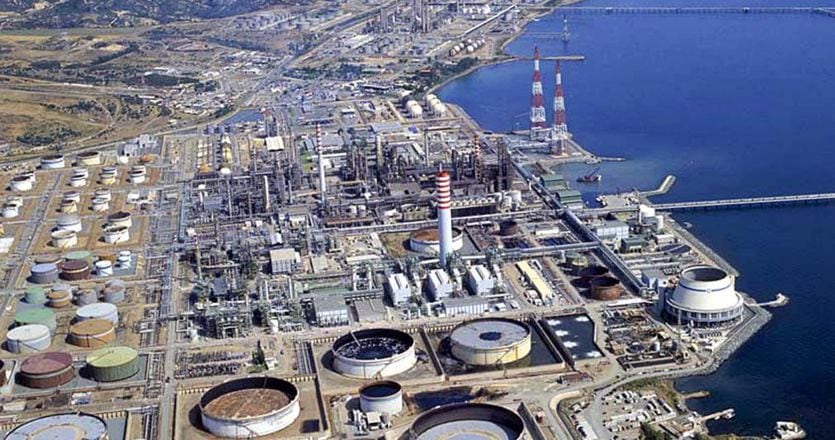Listen to the audio version of the article
The new course begins for Saras of Sarroch, but in the path traced by the Moratti family who sold the shares to Vitol, the signs of what has been achieved remain. That is, jobs, skills and also taxes paid in Sardinia for over half a billion a year, almost as much as the regional healthcare budget.
«It is clear that now something will change significantly – underlines Salvatore Sini, of the Uiltec national secretariat and head of the Saras department – also because we are moving from a company with a managerialized but family management to a multinational, but the steps forward that thanks to an entire territory was able to achieve this presence, because after the mines that closed today, Saras is the true industry of Sardinia.” Sini, who was an employee of Saras for 42 years and began his trade union career as a delegate, underlines the importance of the plant which guarantees “no less than seven thousand pay slips” between direct employees, contracts and related industries.
Schooling and economic growth
«There’s no point in beating around the bush, the advent of the refinery brought education, economy and growth – he says – just think that before industrialization the number of graduates was very low and the prevailing activity in the area was agro-pastoral». Then the plan and construction of the refinery wanted by Angelo Moratti. «Industrial activity has, however, allowed many people to study – he adds – over the years the number of diploma holders and graduates has grown. It is no coincidence that the young technicians with diplomas and degrees who have trained have found employment within the company.”
Added to the direct workers and those of contracting companies are those who are part of the so-called related industries. «There is a whole chain of small and medium-sized enterprises, but also of commercial activities – he adds – which work thanks to the presence of the refinery».
The supply of labor exceeded the demand
Built in the 1960s, the refinery followed a path of constant growth with what is defined as the “real” turning point in the 1980s with the hiring of young people and “the start of the sixth shift”. «There was a period in which the supply of jobs exceeded the requests for employment – he adds – it is no coincidence that technicians who worked in other areas of Sardinia also arrived in Sarroch». Then technology and training and investments.
